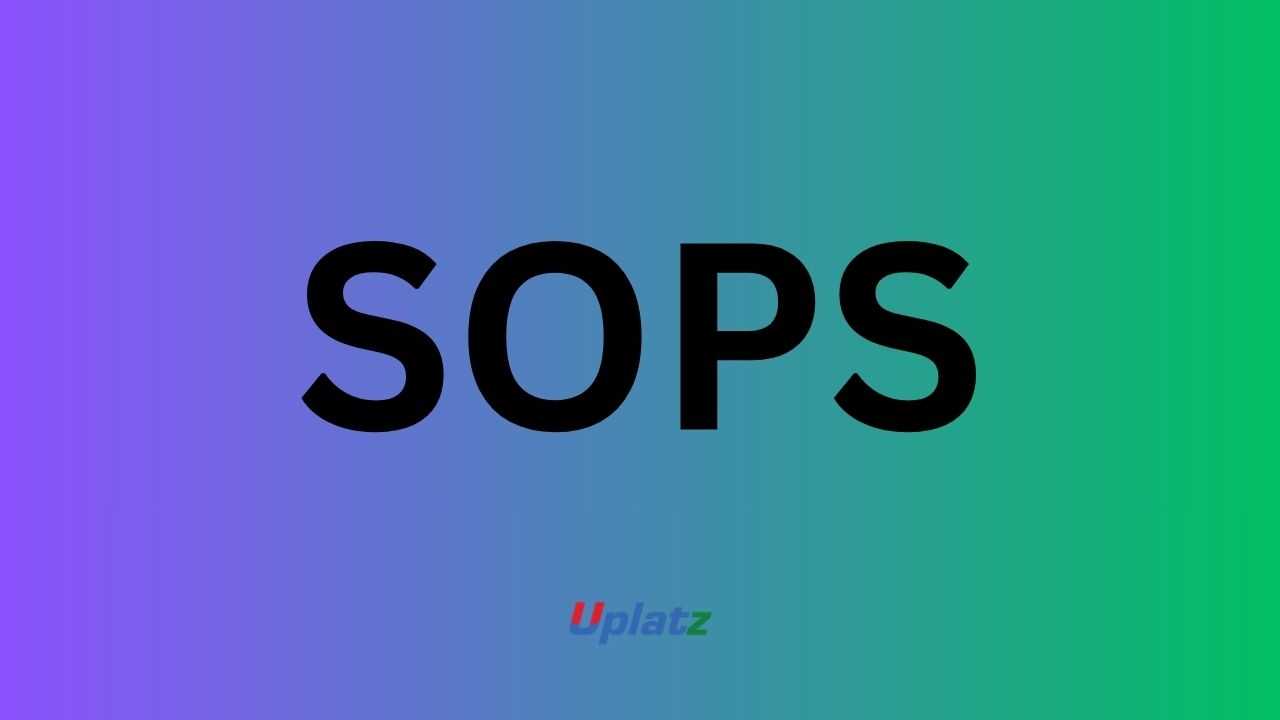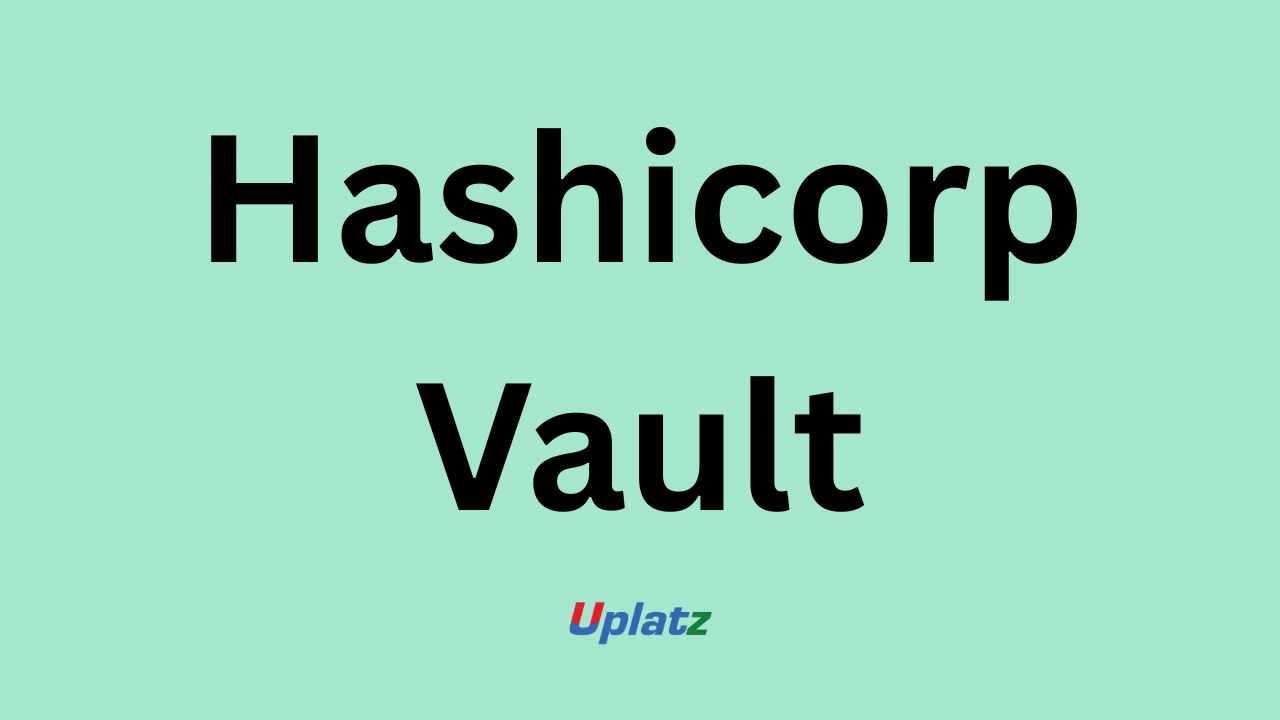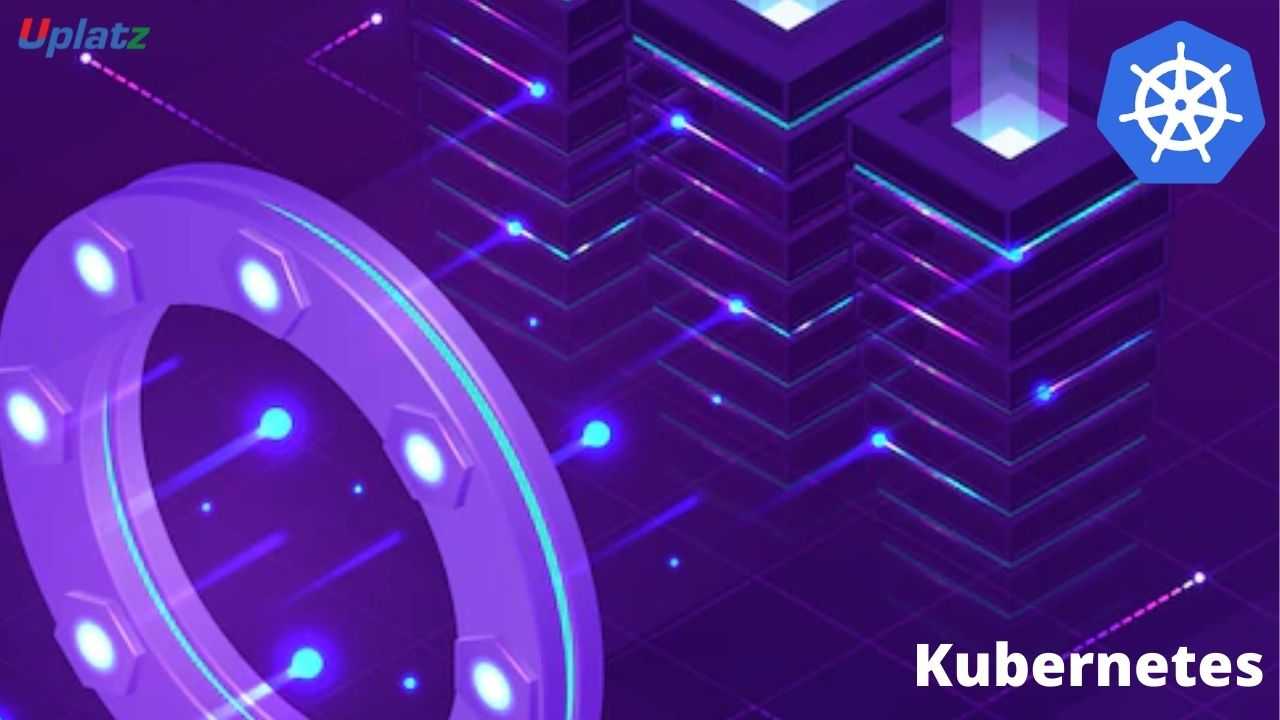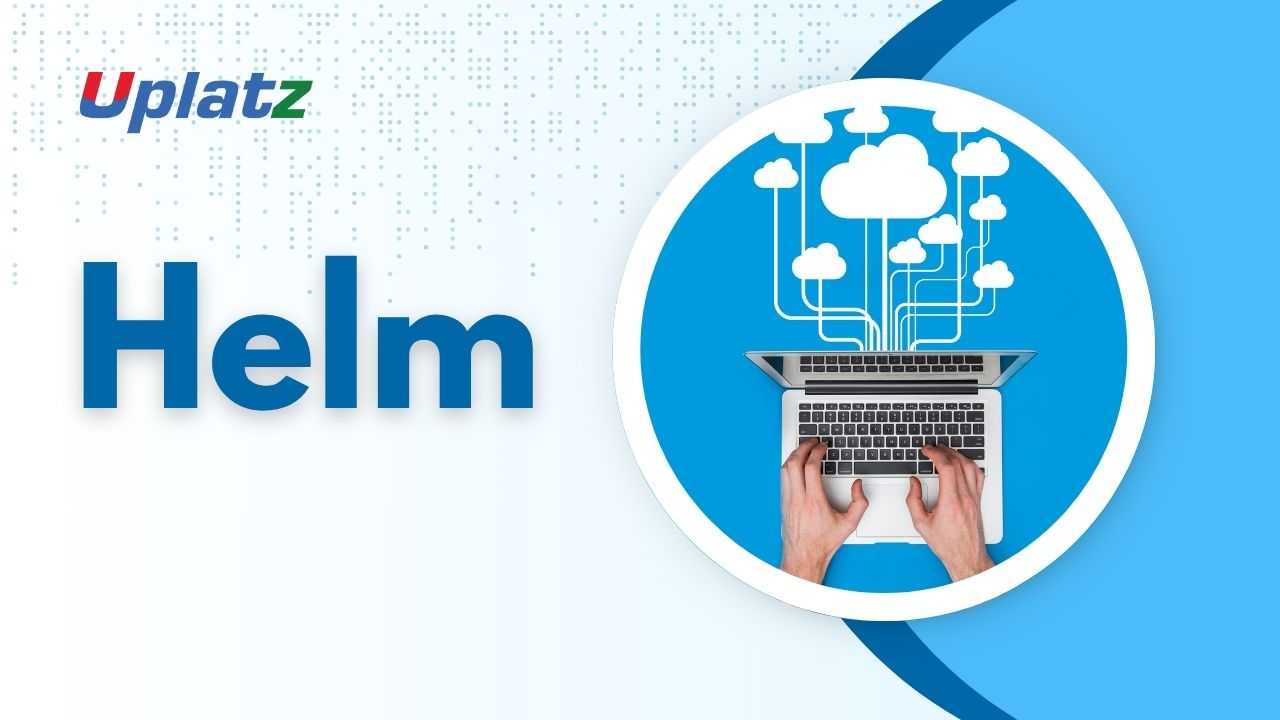SOPS
Master Mozilla SOPS (Secrets OPerationS) to securely manage encrypted configuration files and secrets across environments. Price Match Guarantee
Full Lifetime Access
Access on any Device
Technical Support
Secure Checkout
Course Completion Certificate
Price Match Guarantee
Full Lifetime Access
Access on any Device
Technical Support
Secure Checkout
Course Completion Certificate
 97% Started a new career
BUY THIS COURSE (GBP 29)
97% Started a new career
BUY THIS COURSE (GBP 29)
-
 86% Got a pay increase and promotion
86% Got a pay increase and promotion
Students also bought -
-

- HashiCorp Vault
- 10 Hours
- GBP 12
- 10 Learners
-

- Kubernetes
- 20 Hours
- GBP 12
- 355 Learners
-

- Helm
- 10 Hours
- GBP 12
- 10 Learners

-
Understand what SOPS is and how it secures secrets.
-
Learn to encrypt and decrypt configuration files.
-
Integrate SOPS with AWS KMS, GCP KMS, Azure, and PGP keys.
-
Use SOPS with Kubernetes (Sealed Secrets & Helm).
-
Apply GitOps workflows with SOPS and Flux/ArgoCD.
-
Manage secret rotation and access policies.
-
Apply best practices for DevOps and cloud security.
-
DevOps engineers managing infrastructure secrets.
-
Kubernetes practitioners securing manifests and Helm charts.
-
Cloud engineers integrating AWS/GCP/Azure key management.
-
Backend developers storing encrypted configs in Git.
-
Students & professionals learning modern secrets management.
-
Teams adopting GitOps and infrastructure-as-code workflows.
-
Start with SOPS basics – installation and encryption commands.
-
Experiment with YAML or JSON files locally.
-
Integrate with cloud KMS or PGP for key management.
-
Use SOPS in Kubernetes GitOps workflows.
-
Explore advanced features like secret rotation and custom stores.
-
Revisit modules for deployment and production practices.
By completing this course, learners will:
-
Install and configure SOPS.
-
Encrypt and decrypt secrets in supported file formats.
-
Integrate SOPS with AWS, GCP, Azure, and PGP.
-
Use SOPS in GitOps pipelines with Flux/ArgoCD.
-
Manage secret rotation and access control.
-
Deploy secure apps with SOPS-managed configs.
Course Syllabus
Module 1: Introduction to SOPS
-
What is SOPS?
-
Why not plain-text secrets or env vars?
-
Installing SOPS
Module 2: Core Concepts
-
File formats: YAML, JSON, ENV, INI
-
Partial encryption of config files
-
Key management overview
-
Cloud KMS and PGP integration
Module 3: Working with SOPS
-
Encrypting and decrypting secrets
-
Editing encrypted files
-
File policies and rules
-
Secret rotation basics
Module 4: Cloud Key Integrations
-
Using AWS KMS with SOPS
-
Using GCP KMS with SOPS
-
Using Azure Key Vault with SOPS
-
Using PGP keys
Module 5: Kubernetes & GitOps
-
Managing Kubernetes secrets with SOPS
-
Integrating with Helm charts
-
SOPS with FluxCD and ArgoCD
-
Sealed Secrets vs SOPS
Module 6: Deployment & CI/CD
-
Using SOPS in CI/CD pipelines
-
Automating decryption for deployments
-
Secure key distribution strategies
-
Audit logging and compliance
Module 7: Real-World Projects
-
GitOps workflow with FluxCD and SOPS
-
Securing Kubernetes Helm values with SOPS
-
Multi-cloud secrets management
-
CI/CD pipeline with encrypted configs
Module 8: Best Practices & Future Trends
-
Secret lifecycle management
-
Access control and least privilege
-
Comparing SOPS vs HashiCorp Vault
-
Future of GitOps secrets management
Learners will receive a Certificate of Completion from Uplatz, validating their expertise in SOPS and encrypted configuration management. This certification demonstrates readiness for roles in DevOps, Kubernetes engineering, and cloud security.
SOPS skills prepare learners for roles such as:
-
DevOps Engineer (secrets automation)
-
Kubernetes Administrator (secure manifests)
-
Cloud Security Engineer (AWS/GCP/Azure KMS)
-
Infrastructure Engineer (GitOps workflows)
-
Site Reliability Engineer (SRE)
SOPS is widely used by GitOps teams and enterprises seeking secure yet developer-friendly secrets management.
1. What is SOPS?
An open-source tool by Mozilla for encrypting and managing secrets inside configuration files.
2. How does SOPS differ from HashiCorp Vault?
Vault is a full-fledged secrets store; SOPS keeps secrets in files encrypted with cloud KMS/PGP, fitting GitOps workflows.
3. What file formats does SOPS support?
YAML, JSON, ENV, and INI.
4. What is partial encryption in SOPS?
SOPS encrypts only the sensitive values, keeping non-sensitive parts of the file readable.
5. Which key management systems integrate with SOPS?
AWS KMS, GCP KMS, Azure Key Vault, and PGP.
6. How is SOPS used in Kubernetes?
It encrypts secret manifests and Helm values, which are later decrypted at runtime by controllers like Flux or ArgoCD.
7. What are the benefits of using SOPS?
-
GitOps-friendly
-
Works with multiple KMS systems
-
Fine-grained encryption
-
Easy developer adoption
8. What are challenges with SOPS?
-
Requires careful key management
-
Not a centralized store (like Vault)
-
File merge conflicts with encrypted sections
9. How does SOPS enable GitOps workflows?
Secrets can be stored safely in Git, decrypted only during deployment, ensuring secure and auditable workflows.
10. Where is SOPS being adopted?
By DevOps teams, Kubernetes-first organizations, and enterprises adopting GitOps pipelines with Flux/ArgoCD.









